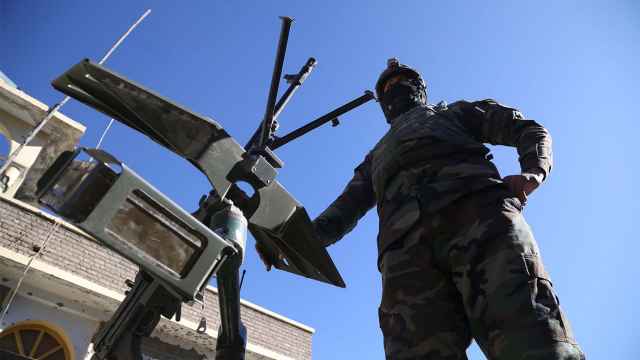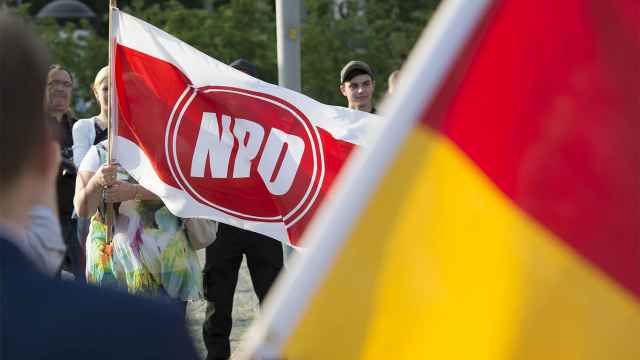The president of Tajikistan condemned the Moscow concert hall attack in a call with Russian leader Vladimir Putin on Sunday, amid allegations the gunmen were Tajik citizens.
Russian media, including Telegram channels with links to the security services, and a lawmaker have alleged that the four suspected assailants were Tajiks.
Russian authorities have said only that four suspects arrested after Friday's attack were foreign nationals, and Tajikistan has rejected the initial claims its citizens were involved.
"Terrorists have no nationality, no homeland and no religion," President Emomali Rahmon told Putin in a phone call, the Tajikistan president's office said in a statement on Sunday.
The language echoed similar previous remarks made by Rahmon regarding extremism.
The statement contained no direct reference to reports of the alleged shooters' citizenship.
The Islamic State (IS) group, which has claimed responsibility for the attack, is active in Tajikistan. The Central Asian nation shares a border with Afghanistan.
The Kremlin said on Sunday the two leaders had agreed to "intensify" their joint counter-terrorism efforts.
On Saturday, Tajikistan's foreign ministry said reports that its citizens were involved were "fake".
The interior ministry also said two of those initially named in Russian media were in Tajikistan at the time of the attack.
Putin said on Saturday that 11 people had been arrested over the attack, including the four suspected gunmen, who it said were trying to flee to Ukraine.
IS has said it was behind the attack on multiple occasions since Friday, though Russian officials have not publicly addressed the claims of responsibility.
A Message from The Moscow Times:
Dear readers,
We are facing unprecedented challenges. Russia's Prosecutor General's Office has designated The Moscow Times as an "undesirable" organization, criminalizing our work and putting our staff at risk of prosecution. This follows our earlier unjust labeling as a "foreign agent."
These actions are direct attempts to silence independent journalism in Russia. The authorities claim our work "discredits the decisions of the Russian leadership." We see things differently: we strive to provide accurate, unbiased reporting on Russia.
We, the journalists of The Moscow Times, refuse to be silenced. But to continue our work, we need your help.
Your support, no matter how small, makes a world of difference. If you can, please support us monthly starting from just $2. It's quick to set up, and every contribution makes a significant impact.
By supporting The Moscow Times, you're defending open, independent journalism in the face of repression. Thank you for standing with us.
Remind me later.






